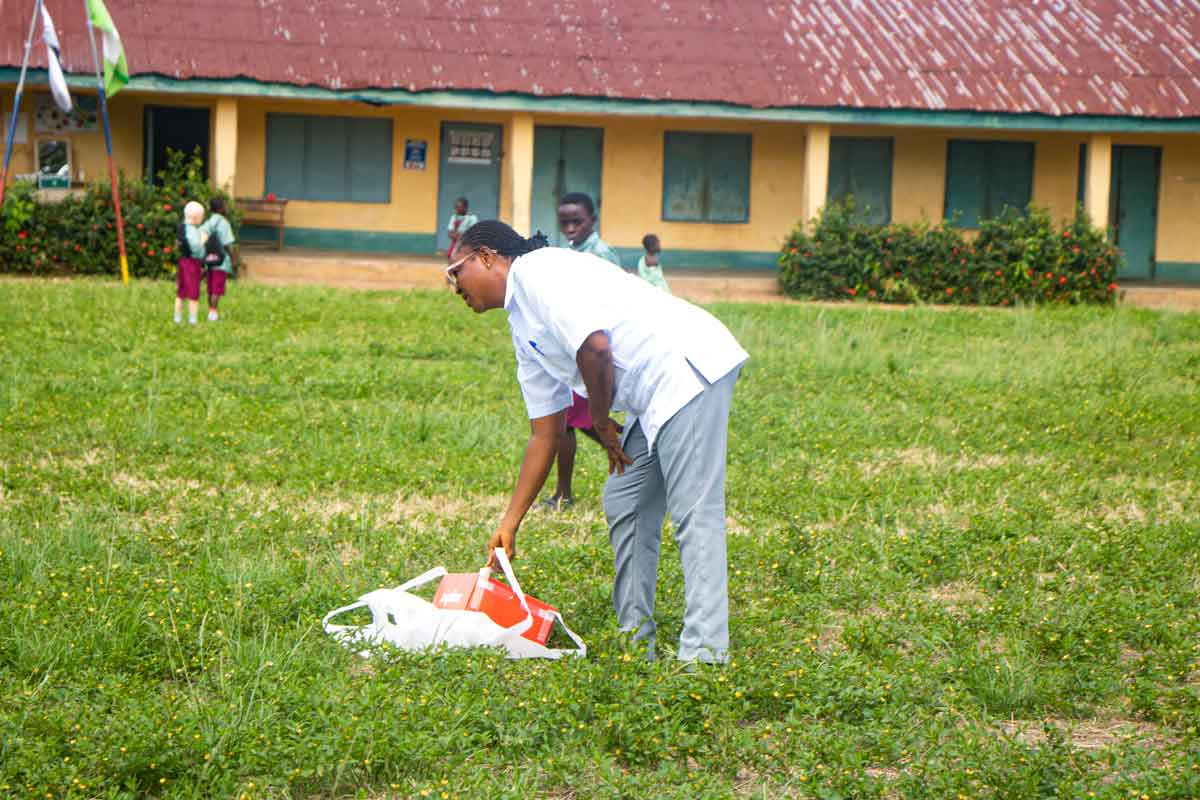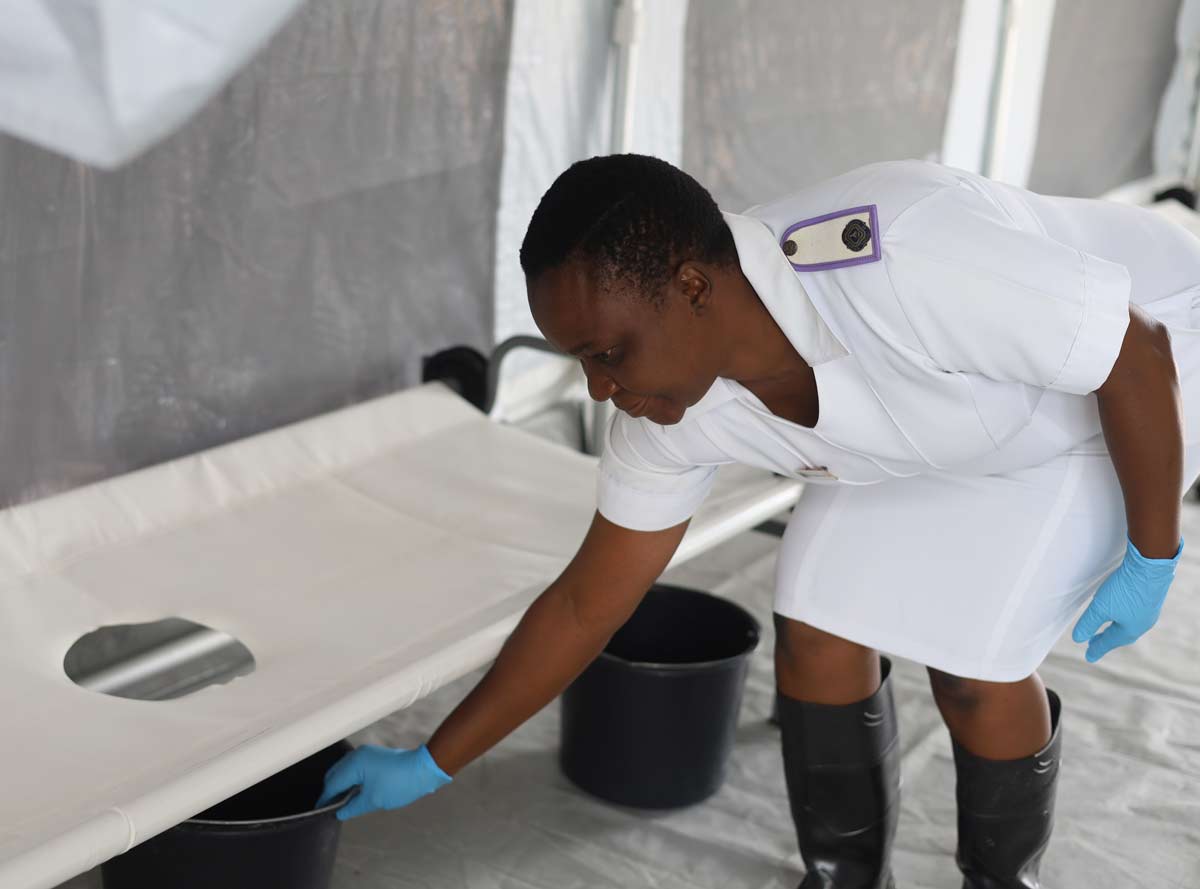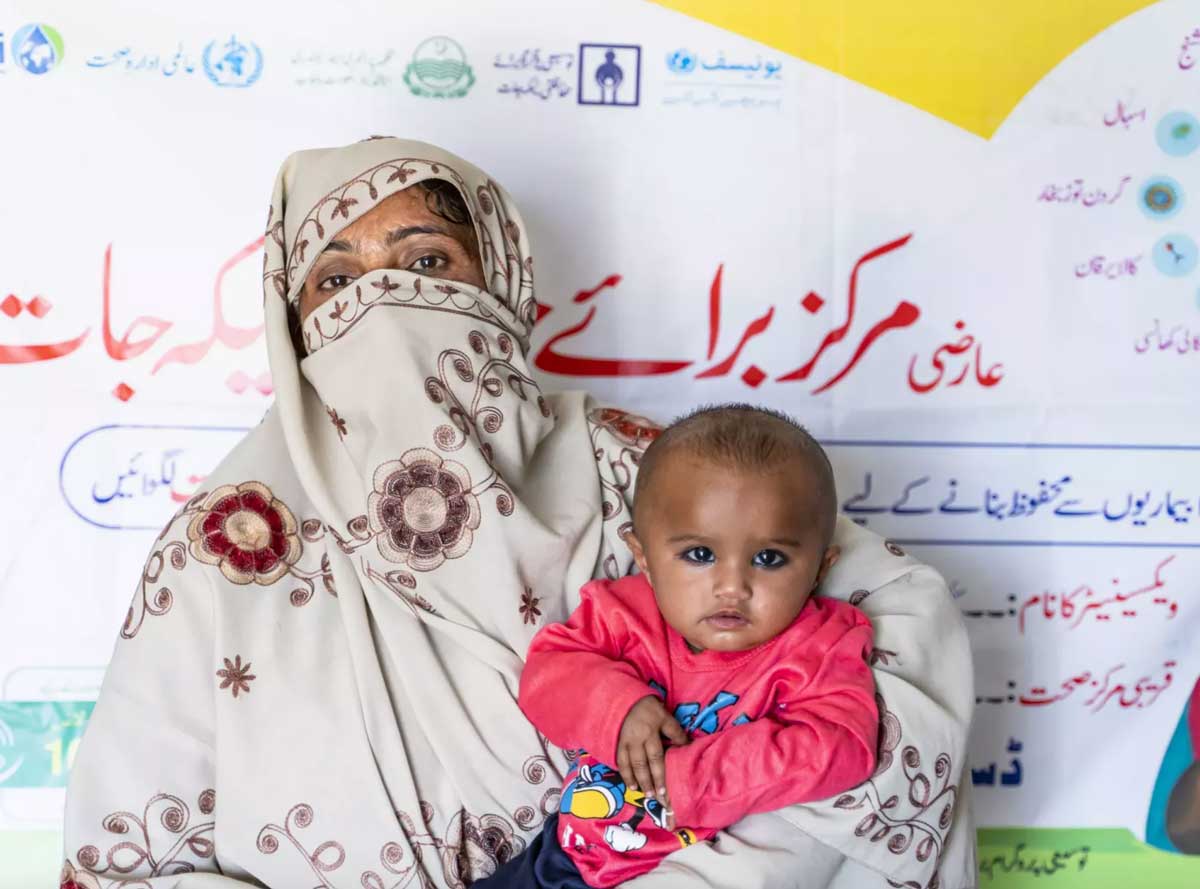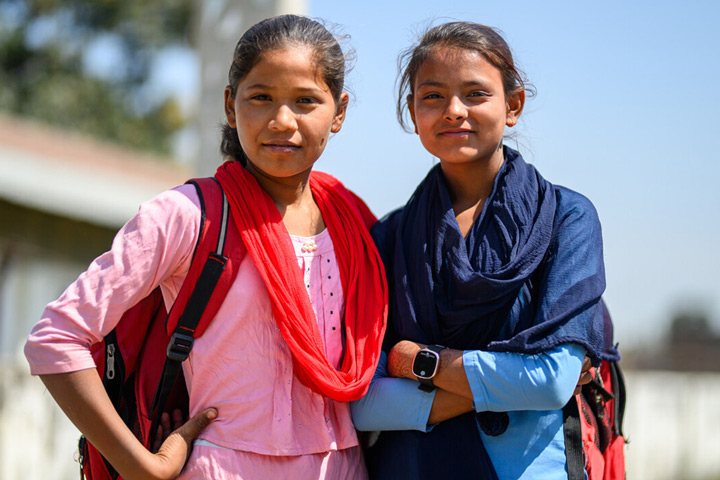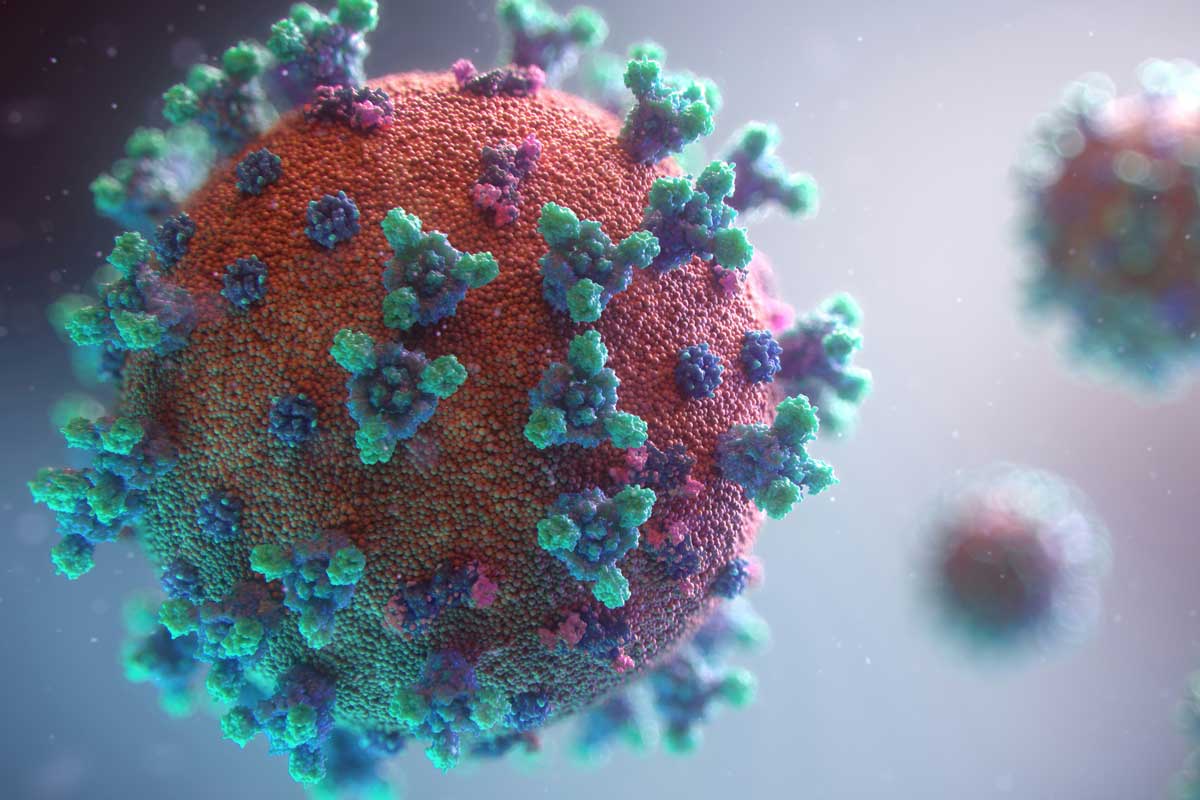COVID-19 vaccines can provide critical protection for children
As SARS-CoV-2 is still circulating around the world, a study in The Lancet provides evidence that vaccination is a highly effective way to protect children from COVID-19.
- 23 June 2023
- 3 min read
- by Priya Joi
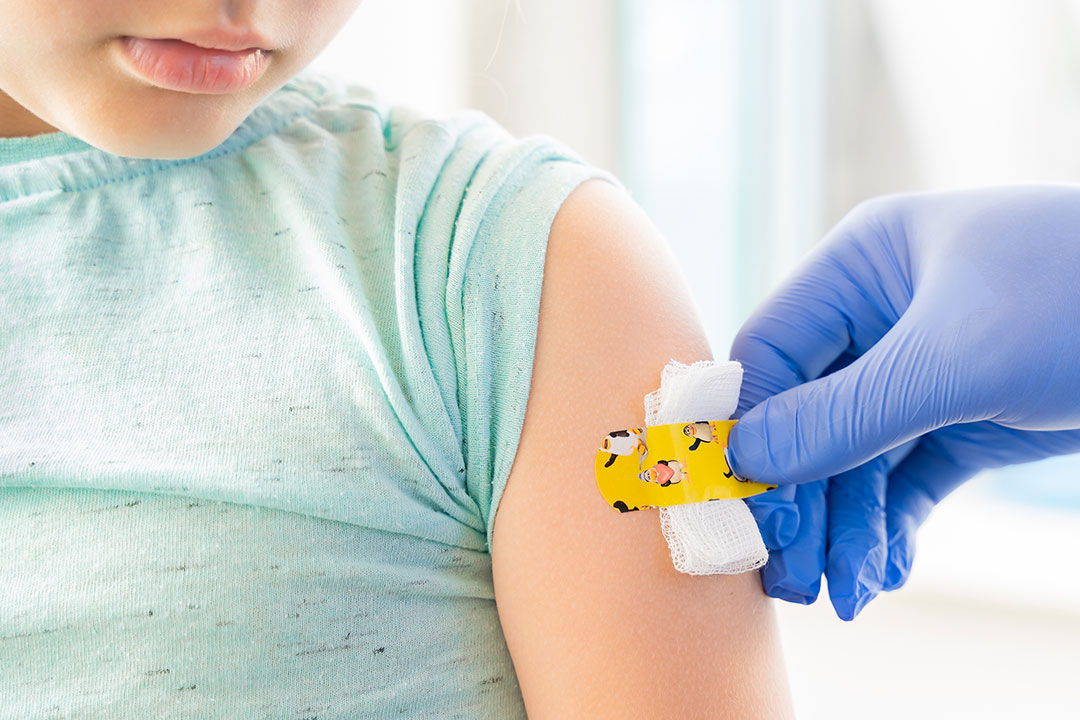
What is the research about?
Despite most measures to reduce the spread of COVID-19 – such as social distancing and mask-wearing – having been phased out in much of the world, the SARS-CoV-2 virus continues to circulate. In the last week alone, the World Health Organization has recorded 211,000 cases around the planet – and as many countries are not testing for COVID-19 as often anymore, this is likely to be a massive underestimate.
The data shows that the vaccine is highly effective in preventing COVID-19 in young children, especially in preventing severe disease or death.
Since late 2021, the Omicron variant of SARS-CoV-2 has dominated infections. While this variant is better at evading vaccines than previous ones, vaccination has still helped to prevent severe infection. However, data on the effectiveness of vaccination in children younger than 12 years of age has been scarce, and how previous infection with SARS-CoV-2 would protect against Omicron infection in children is also not well understood. A study published in Lancet Infectious Diseases looked at the effect of these issues on infection and death rates in children aged under 12 years.
What did the researchers do?
Researchers led by Shadia Sunny at the Centers for Disease Control and Prevention Foundation in Raleigh, US, looked at vaccination records for children aged 11 years or younger, living in North Carolina, US, who had been given the Pfizer-BioNTech or Moderna mRNA vaccines.
They studied children in two age groups, those aged 5–11 years and those aged 0–4 years, looking at the effects of vaccination and previous infection on the risks of Omicron infection, hospital admission, and death.
Have you read?
What did they find?
For children aged 5–11, primary (two dose) vaccination prevented 60% of infections at one month, 34% at four months, and 15% at ten months after the first dose. Protection against severe infection (as measured by hospital admission) or death was 73% after one month.
Kids who had been vaccinated and also had a previous Omicron infection were protected against reinfection by 80% after three months and 54% after six months.
For children aged 0–4 years, primary vaccination prevented 64% of infections at two months and 58% at five months after the first dose. For this age group, none of the vaccinated children died compared with five children in the unvaccinated group.
Kids who had been vaccinated and also caught Omicron were 77% protected against reinfection after three months and 65% after six months.
For both age groups, vaccination and previous infection were more effective at preventing severe illness or death than preventing infection, per se.
What does this mean?
The data shows that the vaccine is highly effective in preventing COVID-19 in young children, especially in preventing severe disease or death. Although the researchers did not investigate whether the vaccine prevented Long COVID, other studies have indicated that it can do so, and Long COVID advocates for children are calling for vaccination to continue to be made available to help prevent Long COVID in young children.
The researchers acknowledged that the participants in the study were not necessarily representative of the wider population, as young children were less likely to be immunised than adolescents or adults. Children whose immune systems were weakened as a result of disease or certain medications, were also more likely to have been vaccinated than those with fully functioning immune systems, which makes it harder to accurately assess the impact of vaccination.
More from Priya Joi
Recommended for you



